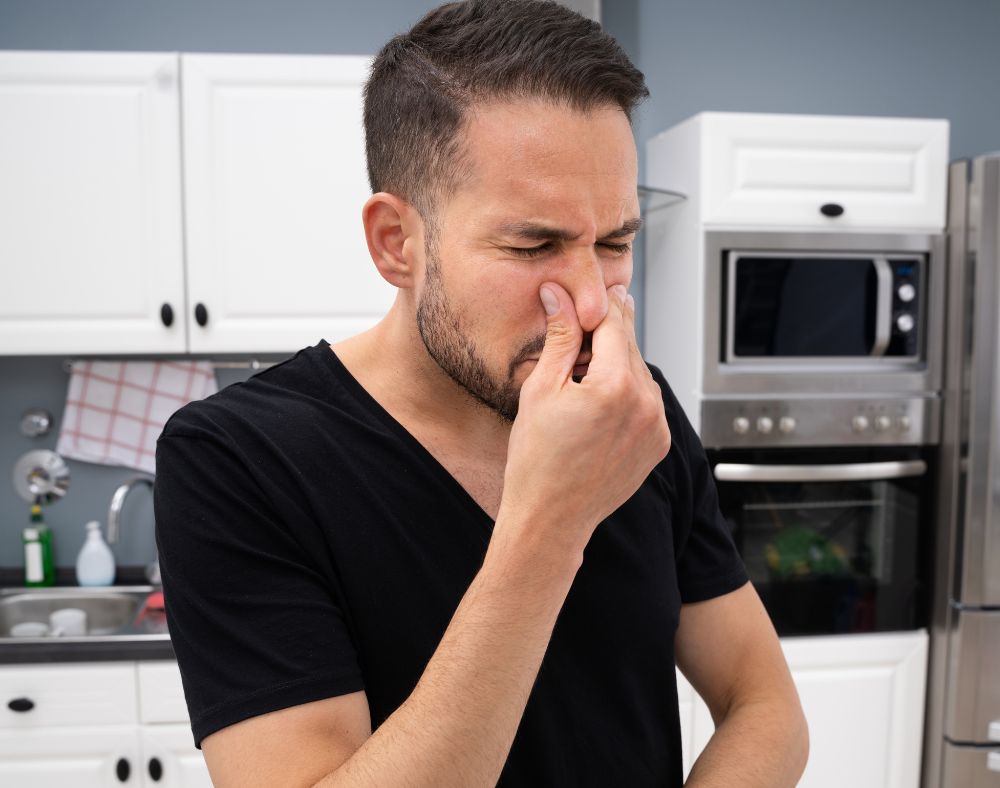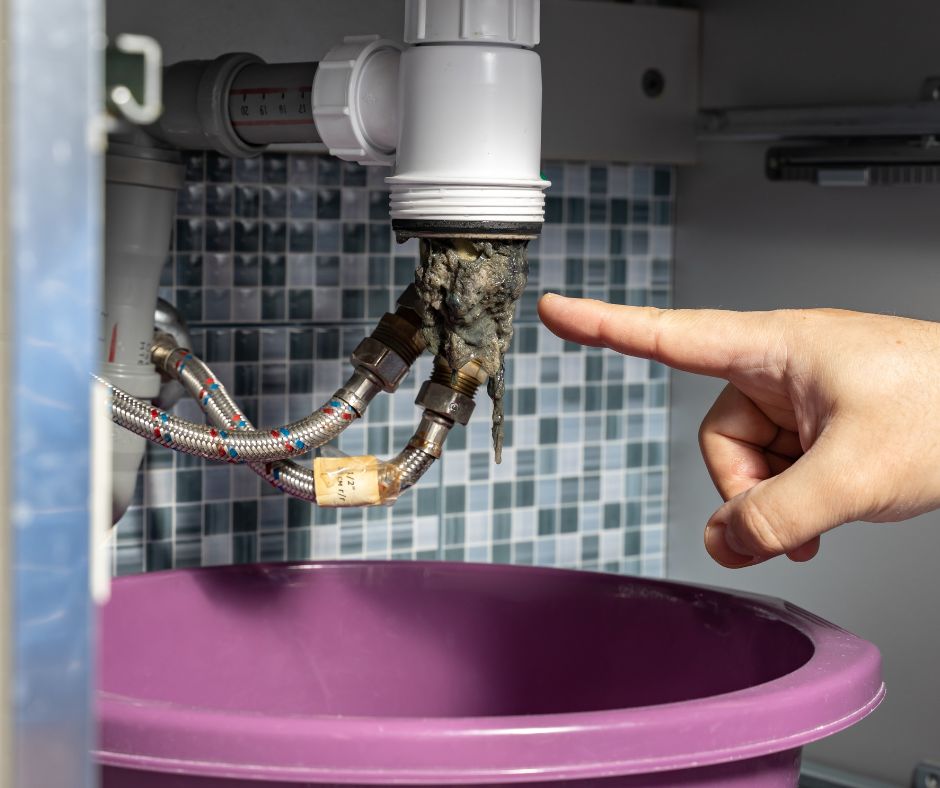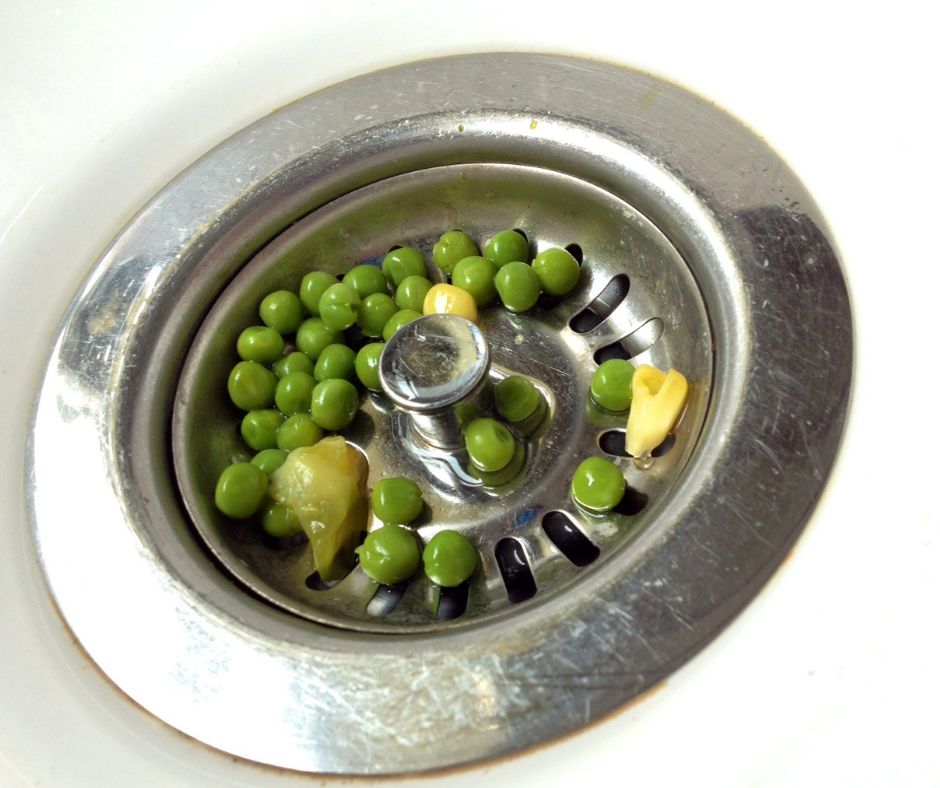Uncover the Key Factors That Cause Unpleasant Odours from Your Drains
Foul smells emanating from drains are frequently attributed to the buildup of trapped food particles, soap scum, and organic matter within the pipes. Additional contributors to these odorous conditions may include a dried or malfunctioning water trap, along with the proliferation of bacteria in the drain line. To effectively combat these unpleasant smells, it is advisable to flush the drain with a combination of boiling water and vinegar, clean the trap if it is accessible, and ensure that all water seals are in good condition. Should the odour persist, it may be necessary to enlist the expertise of a licensed plumber to identify any hidden blockages or potential sewer gas leaks.

Identify Common Sources of Unpleasant Drain Odours in Wollongong Residences
1. Build-Up of Organic Matter Inside the Drainpipe
Over time, various substances such as food scraps, soap, grease, and hair accumulate within the drain system. This organic debris eventually undergoes decomposition, creating a favorable habitat for bacteria to thrive, which can lead to unpleasant odours reminiscent of sulphur or a musty scent. By implementing regular maintenance routines and cleaning schedules for your drains, you can significantly reduce these organic build-ups and the foul smells associated with them.
2. Issues Related to the Water Trap (P-Trap or S-Trap)
The drain trap is an essential element of your plumbing system, specifically engineered to hold a small amount of water that serves to block harmful sewer gases from entering your home. If the trap dries out—often due to infrequent usage—or if it has been incorrectly installed, harmful gases may escape into your living area, resulting in unpleasant odours. It is crucial to ensure that the trap remains adequately filled with water to sustain a healthy and odour-free environment.
3. Obstructions in Vent Pipes
Plumbing vents play a vital role in balancing pressure and safely directing sewer gases out of your home through the roof. When these vents become obstructed by debris, birds’ nests, or corrosion, gases may be forced back down into your drains, thereby contributing to foul odours. Regular inspections of vent pipes are essential to ensure that they remain clear and fully operational.
4. Deteriorating Pipes
Older plumbing systems, particularly those found in some suburbs of Wollongong, may feature cracked or compromised pipes that can leak gases or permit debris to accumulate, resulting in stagnant water and unpleasant odours. If you suspect that your pipes may be damaged, it is imperative to seek a professional inspection to prevent further plumbing complications and ensure a healthy home environment.
5. Improper Installation of Home Appliances
When installing appliances such as washing machines or dishwashers, DIY efforts can lead to significant problems, including the absence of necessary traps or incorrect connections. These errors can allow unpleasant smells to permeate your home. If you have recently installed an appliance, it is essential to verify that it has been set up correctly to prevent the emergence of foul odours.
Effective DIY Strategies to Eradicate Unpleasant Drain Odours
Thoroughly Flush the Drain for Odour Relief
To effectively eliminate unpleasant odours, pour a generous quantity of boiling water followed by a mixture of vinegar and bicarbonate soda down the affected drain. Allow the mixture to fizz and work its way through the pipes for approximately 10 to 15 minutes, then flush the drain once more with hot water. This method assists in breaking down any organic material and effectively banishing the unpleasant smells.
Inspect and Clean the U-Bend Trap
Whenever possible, remove and thoroughly clean the U-bend trap located beneath your sinks. Be sure to wear gloves and prepare for potentially foul odours, as it may be obstructed by hair, sludge, or grease. Regular cleaning of the trap will guarantee its efficient operation and help avert future odours from developing.
Restore Water Levels in the Trap
If a drain has not been used for an extended period, such as in a guest bathroom or floor waste, simply pouring a few cups of water into it can help restore the water seal. This action prevents sewer gases from infiltrating your home and keeps your environment free from unpleasant odours.
Improve Ventilation to Alleviate Odours
To assist in dispersing any lingering gases until the issue is rectified, utilize fans or open windows for ventilation. It is advisable to avoid chemical cleaners, as they may exacerbate corrosion of your pipes. Natural ventilation methods will contribute to healthier indoor air quality while effectively addressing the odour issue.

Recognizing When to Seek Help from a Qualified Plumbing Expert
If unpleasant odours persist despite your cleaning efforts, or if multiple drains throughout your home are affected, it is crucial to reach out to a professional. Ongoing foul smells may indicate serious issues such as:
- A blocked main drain line that requires immediate intervention
- A breach in sewer pipework that could result in significant damage
- A faulty or collapsed P-trap that necessitates replacement
- A ventilation issue located within the walls or ceiling cavities
A licensed plumber will employ advanced inspection techniques, such as inspection cameras or smoke testing, to accurately identify the root cause of your plumbing problems. For homes affected by salt air or aging pipework, we highly recommend scheduling a comprehensive drain inspection or considering a pipe relining service to address any potential concerns.
In urgent circumstances, particularly when sewage odours are detected in living areas, our emergency plumbing service is available 24/7 throughout the Illawarra region, ensuring that you receive prompt and effective assistance.
Preventive Strategies to Avoid Future Drain Odours
- Avoid pouring grease or oils down the kitchen sink
- Regularly clean drain strainers on a weekly basis
- Run boiling water down your bathroom and laundry drains at least once a month
- Seasonally flush less-frequently used drains to maintain the water seals in traps
- Schedule an annual plumbing check-up with a trusted local provider

Essential Guidance for Homeowners in Wollongong
The presence of unpleasant drain odours is not merely a nuisance; they can indicate trapped waste, missing seals, or potentially serious leaks and ventilation issues that could escalate into significant health or structural problems. In Wollongong, where there exists a mix of new estates and older homes, these odours frequently result from simple build-ups but may also point to deeper faults hidden behind walls or beneath concrete surfaces.
It is critical not to simply mask the odour with temporary fixes. Instead, focus on accurately diagnosing the underlying cause of the problem and addressing it effectively at its source. If your DIY efforts do not yield satisfactory results, trust the expertise of a licensed plumber, such as our team at CS Plumbing Services, who are well-versed in the unique characteristics of your home and how to maintain its safety and functionality.

The Article: Drain Smells: Permanent Solutions to Eliminate Odours first appeared on https://writebuff.com
The Article Drain Smells: Effective Ways to Eliminate Odours Permanently Was Found On https://limitsofstrategy.com





One response
It’s interesting how easily we overlook the factors contributing to unpleasant drain odours. The buildup of organic matter you mentioned is something I think many households struggle with, often without realizing it until the smell becomes unmistakable. Personally, I’ve encountered this problem in my own home, where the usual remedy of boiling water and vinegar didn’t do the trick because there were deeper blockages I had ignored.